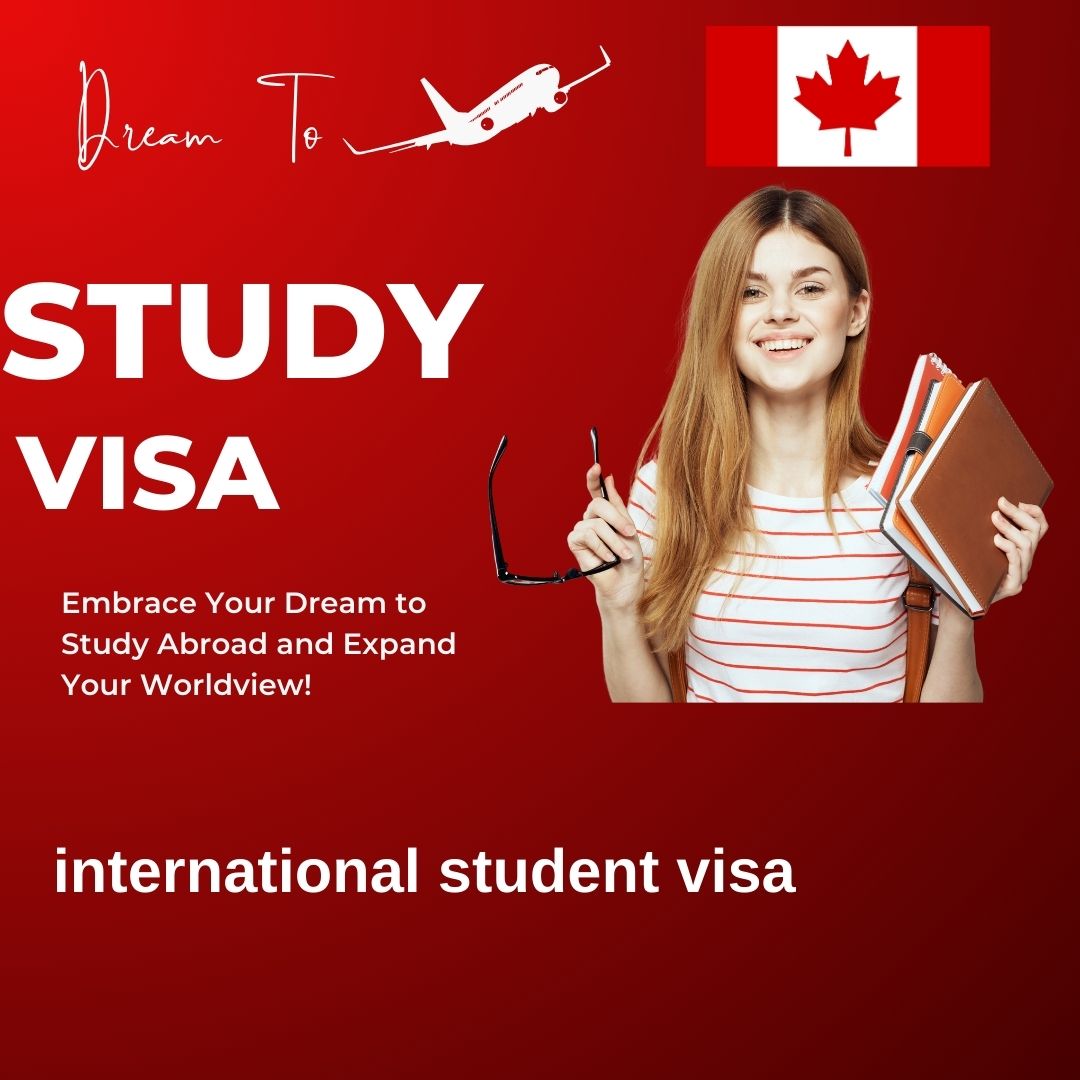
Pursuing higher education abroad is a dream for many students. A study visa, often referred to as an international student visa, is a crucial step in making this dream a reality. This guide provides an in-depth look at the study visa process, requirements, and benefits, helping you navigate your path to studying overseas.
What is a Study Visa?
A study visa is a type of non-immigrant visa issued to students who wish to pursue academic studies or training programs in a foreign country. This visa allows students to reside in the host country for the duration of their academic program. Each country has its specific regulations and requirements for granting a study visa, but the overall purpose remains the same: to facilitate international education and cultural exchange.
Types of Study Visas
Different countries offer various types of study visas depending on the level and type of education:
- F-1 Visa (USA): For academic students attending a university or college, high school, private elementary school, seminary, conservatory, or other academic institutions, including language training programs.
- Tier 4 (General) Student Visa (UK): For students aged 16 and over who wish to study at a post-16 institution.
- Student Visa (Australia): For full-time students enrolled in a registered course at an Australian educational institution.
- Study Permit (Canada): Required for students who plan to study in Canada for more than six months.
- Schengen Student Visa (Europe): For students enrolled in courses or programs in Schengen Area countries.
Eligibility Requirements
To qualify for a study visa, applicants generally need to meet the following requirements:
- Acceptance by an Educational Institution: Proof of acceptance or enrollment in a recognized educational institution.
- Financial Support: Evidence of sufficient funds to cover tuition fees, living expenses, and return transportation.
- Language Proficiency: Proof of proficiency in the language of instruction (e.g., TOEFL or IELTS scores for English-speaking countries).
- Health Insurance: Valid health insurance coverage for the duration of the stay.
- Background Check: Clean criminal record and sometimes a health examination.
Application Process
The application process for a study visa typically involves the following steps:
- Obtain Acceptance Letter: Secure a letter of acceptance from a recognized educational institution.
- Prepare Documents: Gather required documents such as passport, acceptance letter, financial proof, language proficiency test scores, and health insurance.
- Complete Application Form: Fill out the study visa application form available on the respective country’s immigration website.
- Pay Application Fee: Pay the non-refundable visa application fee.
- Submit Biometrics: Provide biometric information, if required.
- Attend Visa Interview: Schedule and attend an interview at the embassy or consulate, if necessary.
- Wait for Approval: Await the decision, which can take several weeks to months, depending on the country.
Benefits of a Study Visa
- Access to Quality Education: Study at world-renowned institutions and gain a high-quality education.
- Cultural Exchange: Experience diverse cultures and develop a global perspective.
- Employment Opportunities: In some countries, study visas allow part-time work during the academic year and full-time work during vacations.
- Pathway to Permanent Residency: Many countries offer pathways to permanent residency for international students who complete their studies and meet other criteria.
Conclusion
Obtaining a study visa is a significant step towards achieving your educational and career goals abroad. By understanding the different types of study visas, eligibility requirements, and application process, you can better prepare for your journey. With the right preparation and determination, studying abroad can be a transformative experience that opens doors to new opportunities and broadens your horizons. Whether you aim to study in the USA, UK, Australia, Canada, or Europe, a study visa is your gateway to academic excellence and cultural enrichment.








Рекомендации по безопасной покупке диплома о высшем образовании
Легальная покупка школьного аттестата с упрощенной программой обучения
Профессиональный сервисный центр по ремонту бытовой техники с выездом на дом.
Мы предлагаем:сервисные центры по ремонту техники в мск
Наши мастера оперативно устранят неисправности вашего устройства в сервисе или с выездом на дом!